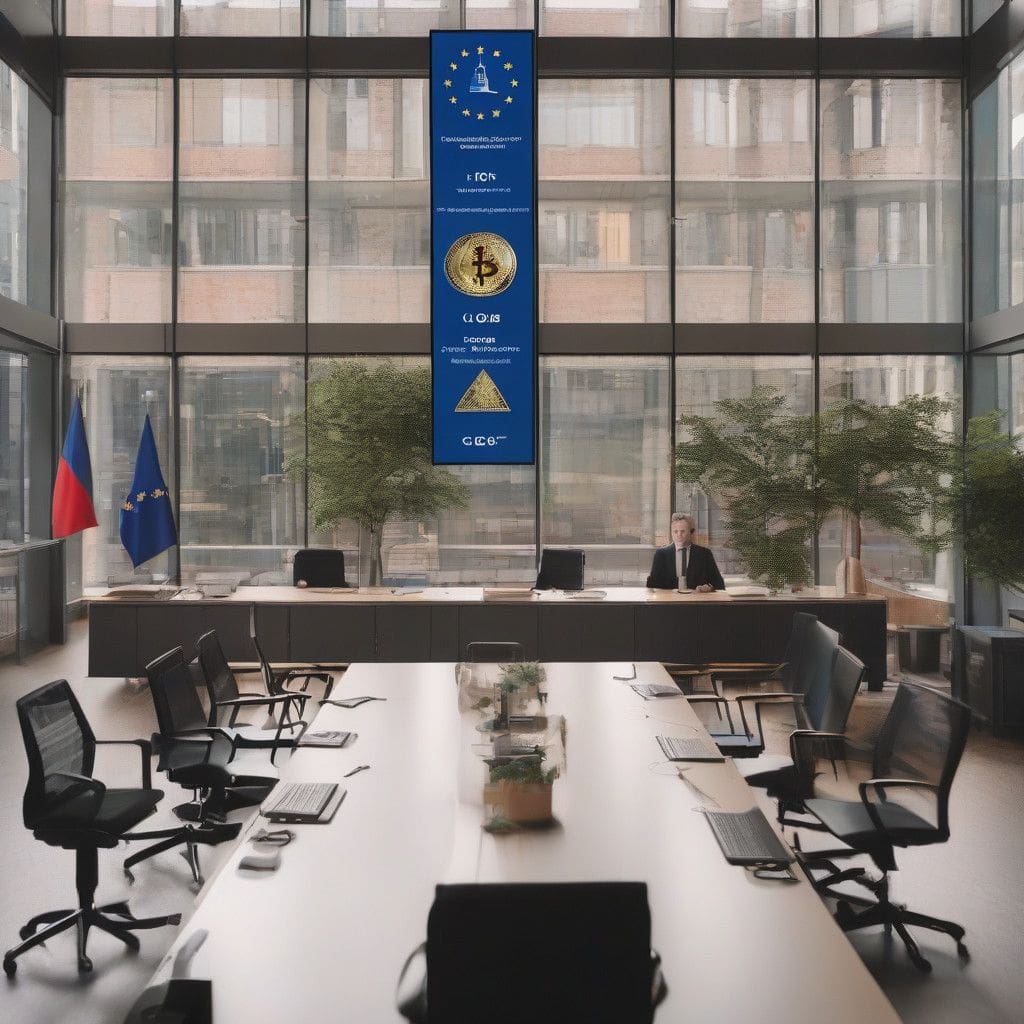As the European Union gears up for the implementation of new regulations governing crypto-assets, Latvia is taking proactive steps to ensure that local crypto-asset service providers (CASPs) are fully prepared. The central bank of Latvia has announced the provision of free pre-licensing consultations to assist these companies in navigating the forthcoming Markets in Crypto-Assets Regulation (MiCA). This initiative not only reflects Latvia’s commitment to supporting the growth of the crypto industry but also signals its intention to position itself as a competitive player within the EU market.
The MiCA regulations, which are set to go into effect starting January 2025, aim to create a unified framework for crypto-assets across EU member states. By offering comprehensive guidance on regulatory requirements, necessary documentation, and initial compliance assessments, these consultations will be invaluable for local CASPs aiming to align with EU standards.
Latvia’s initiative to provide unlimited pre-licensing consultations is indicative of the central bank’s vision for a robust crypto ecosystem. It is crucial for CASPs to engage in these consultations before the official licensing process begins. This ensures that they are not only well-informed about the evolving regulatory landscape but also well-prepared to meet compliance obligations from the outset.
Latvia’s approach mirrors similar initiatives in other European countries, such as France. France has also commenced accepting applications for CASPs ahead of the MiCA enforcement date, highlighting a broader trend among EU nations to prioritize regulatory preparedness. This movement illustrates a significant shift toward more structured oversight of the crypto sector, which is essential for fostering investor confidence and protecting consumers.
Furthermore, Latvia is not only focusing on regulatory compliance but is also committed to fostering innovation. The country has introduced the “Crypto Asset Services Law” that lays out a framework tailored to accommodate the unique aspects of the crypto industry. This law, along with substantial financial investments in digitalization and innovation initiatives, signals Latvia’s ambition of becoming a hub for blockchain and digital asset companies in Europe.
In terms of practical implications, companies engaged in the crypto asset sector must pay close attention to the requirements outlined in the MiCA regulations. These cover a broad spectrum of areas, including consumer protection, market integrity, and financial stability. By participating in the pre-licensing consultations, CASPs can gain insights into various compliance aspects, such as risk assessments and operational mandates essential for their business models.
For example, a crypto exchange looking to operate in Latvia would need to understand the specific licensing requirements that will be in place under MiCA, including capital requirements, reporting obligations, and custodial duties. Engaging in the free consultations can provide them with necessary tools and guidance to prepare their applications effectively, potentially reducing delays in licensing once the regulations come into effect.
Latvia’s strategy underscores a significant trend where EU countries are striving to create a favorable regulatory environment that not only supports local businesses but also attracts international players. The country’s central bank’s commitment to offering assistance to crypto businesses illustrates a broader understanding of the importance of regulatory clarity in encouraging innovation and investment in the crypto ecosystem.
In conclusion, Latvia’s initiative to offer free pre-licensing consultations to crypto-asset service providers is a forward-thinking strategy that aligns with the broader push for regulatory compliance across the EU. By providing support and guidance, Latvia is positioning itself as an appealing destination for crypto businesses, paving the way for a more robust and accountable crypto-asset landscape in Europe.












